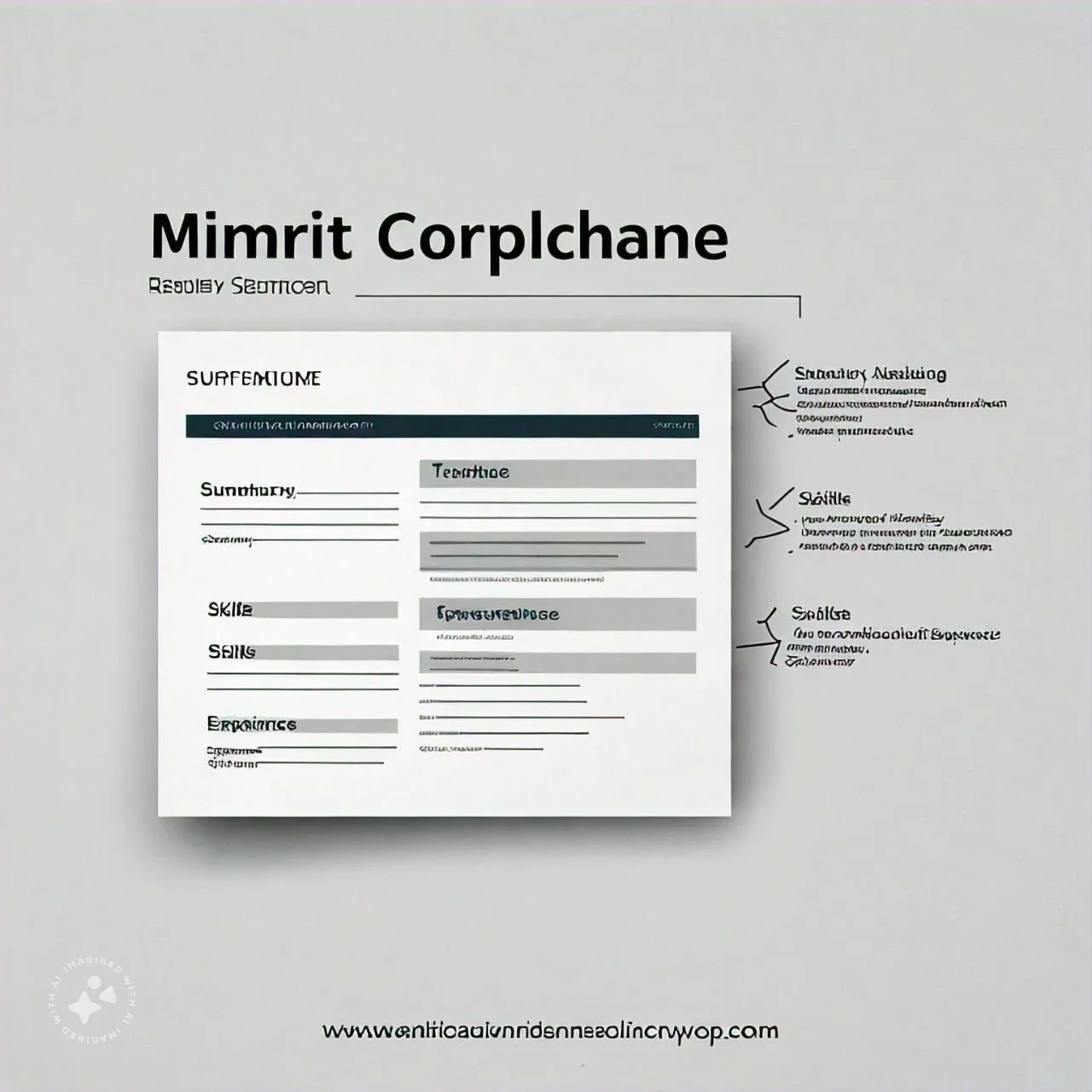100 Reasons Someone Could Be Rejected For A Job They Applied For
Decoding the 'No': Unraveling the Mystery of Job Application Rejections
Discover the hidden reasons behind job application rejections in the hospitality industry. Learn how to interpret job listings, understand recruiter perspectives, and craft stronger applications. Includes a professional email template for following up on rejections. Essential reading for hospitality professionals seeking career advancement.
100 reasons someone could be rejected for a job they applied for, starting with the most common reasons and moving towards less frequent ones:
1. Lack of required qualifications or skills
2. Insufficient relevant experience
3. Overqualified for the position
4. Poor interview performance
5. Strong competition from other candidates
6. Inadequate preparation for the interview
7. Failure to demonstrate enthusiasm or interest in the role
8. Mismatch between candidate's salary expectations and company's budget
9. Negative references or background check results
10. Poor cultural fit with the company
11. Limited availability or inflexible schedule
12. Gaps in employment history
13. Lack of specific industry knowledge
14. Poor communication skills (written or verbal)
15. Tardiness or absence for the interview
16. Inappropriate attire or grooming for the interview
17. Negative online presence or social media activity
18. Lack of career progression in previous roles
19. Failure to follow application instructions correctly
20. Dishonesty or inconsistencies in application materials
21. Inability to provide required documentation (e.g., work permits, certifications)
22. Poor performance on skills tests or assessments
23. Lack of proficiency in required languages
24. Failure to ask thoughtful questions during the interview
25. Unprofessional behavior during the hiring process
26. Inability to work in the required location
27. Conflict of interest with current or previous employment
28. Lack of leadership experience (for management positions)
29. Poor credit history (for finance-related positions)
30. Criminal record incompatible with the job requirements
31. Failure to demonstrate problem-solving skills
32. Lack of teamwork or collaboration skills
33. Insufficient technical knowledge for technical roles
34. Poor references from previous employers
35. Inability to meet physical requirements of the job
36. Lack of creativity or innovation (for creative roles)
37. Failure to showcase relevant projects or portfolio
38. Incompatible work style with the team or manager
39. Lack of adaptability or flexibility
40. Insufficient knowledge of the company or industry
41. Perceived flight risk or likelihood of leaving the job quickly
42. Failure to negotiate effectively
43. Lack of emotional intelligence or soft skills
44. Poor time management or organizational skills
45. Inability to handle stress or pressure
46. Lack of attention to detail
47. Failure to demonstrate critical thinking skills
48. Insufficient computer or technology skills
49. Lack of customer service experience (for client-facing roles)
50. Poor writing samples or test results
51. Failure to show initiative or self-motivation
52. Lack of professional certifications or licenses
53. Incompatible personality traits with the role
54. Inability to articulate career goals or aspirations
55. Lack of relevant volunteer or extracurricular experiences
56. Poor handling of behavioral interview questions
57. Failure to demonstrate problem-solving abilities
58. Lack of multicultural experience or global perspective
59. Insufficient analytical skills (for data-driven roles)
60. Inability to provide concrete examples of achievements
61. Nepotism or internal hiring preferences
62. Company restructuring or change in hiring needs
63. Budget cuts or hiring freeze
64. Failure to pass drug tests
65. Lack of required security clearances
66. Poor credit score (for financial or high-responsibility positions)
67. Overconfidence or arrogance during the interview
68. Lack of passion or enthusiasm for the industry
69. Incompatible personal values with company mission
70. Failure to provide adequate examples of past work
71. Inappropriate social media presence
72. Lack of relevant network or industry connections
73. Inability to start work within the required timeframe
74. Concerns about non-compete agreements from previous jobs
75. Perceived inability to handle job-specific challenges
76. Lack of required professional memberships or affiliations
77. Poor handwriting (for jobs requiring manual documentation)
78. Inadequate physical stamina for physically demanding roles
79. Failure to demonstrate strategic thinking (for senior roles)
80. Lack of required vaccinations (for healthcare or travel-heavy roles)
81. Failure to demonstrate adaptability to new technologies
82. Lack of required professional liability insurance
83. Insufficient presentation skills (for roles requiring public speaking)
84. Inability to work in specific time zones or shifts
85. Concerns about potential conflicts with existing clients
86. Lack of experience with specific software or tools crucial to the role
87. Failure to demonstrate ethical decision-making skills
88. Insufficient knowledge of relevant laws and regulations
89. Lack of required professional publications or research experience
90. Inability to provide a portfolio of work samples
91. Concerns about candidate's ability to maintain confidentiality
92. Lack of experience in managing diverse teams (for leadership roles)
93. Insufficient knowledge of emerging industry trends
94. Failure to demonstrate crisis management skills
95. Lack of experience with remote work tools and practices
96. Inability to travel frequently (for roles requiring extensive travel)
97. Concerns about potential intellectual property disputes from previous work
98. Lack of experience in cross-functional collaboration
99. Insufficient knowledge of data privacy and security practices
100. Failure to demonstrate ability to work in a fast-paced environment
If you think of any more, do share it in comments









Learn how to effectively structure your email to a consultant when time doesn’t allow for a Career Discovery Call. This guide provides an easy-to-follow format to ensure your key information is communicated clearly, helping you stand out in your job search.